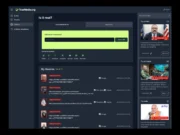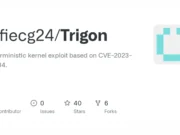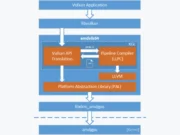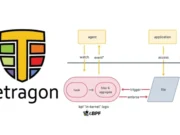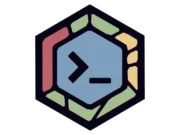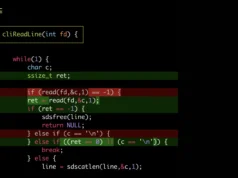DrSemu is a malware Detection and Classification Tool Based on Dynamic Behavior.
It runs executables in an isolated environment, monitors the behavior of a process, and based on Dr.Semu rules created by you or the community, detects if the process is malicious or not.
With Dr.Semu you can create rules to detect malware based on dynamic behavior of a process.
Everything happens from the user-mode. Windows Projected File System (ProjFS) is used to provide a virtual file system. For Registry redirection, it clones all Registry hives to a new location and redirects all Registry accesses.
See the source code for more about other redirections (process/objects isolation, etc).
Also Read – Fuzzowski : The Network Protocol Fuzzer
Dr.Semu uses DynamoRIO (Dynamic Instrumentation Tool Platform) to intercept a thread when it’s about to cross the user-kernel line.
It has the same effect as hooking SSDT but from the user-mode and without hooking anything.
At this phase, Dr.Semu produces a JSON file, which contains information from the interception.
After terminating the process, based on Dr.Semu rules we receive if the executable is detected as malware or not.
They are written in Python or LUA (located under dr_rules) and use dynamic information from the interception and static information about the sample. It’s trivial to add support of other languages.
Example (Python): https://gist.github.com/secrary/ac89321b8a7bde998a6e3139be49eb72
Example (Lua): https://gist.github.com/secrary/e16daf698d466136229dc417d7dbcfa3
- Use
PowerShellto enableProjFSin an elevatedPowerShellwindow:
Enable-WindowsOptionalFeature -Online -FeatureName Client-ProjFS -NoRestart
- Download and extract a zip file from the releases page
- Download
DynamoRIOand extract intoDrSemufolder and rename todynamorio - Install Python 3 x64
DrSemu.exe –target file_path
DrSemu.exe –target files_directory

BUILD
- Use
PowerShellto enableProjFSin an elevatedPowerShellwindow:
Enable-WindowsOptionalFeature -Online -FeatureName Client-ProjFS -NoRestart

- Install Python 3 x64
- Download
DynamoRIOand extract intobinfolder and rename todynamorio - Build
pe-parser-library.liblibrary:- Generate VS project from
DrSemu\shared_libs\pe_parseusing cmake-gui - Build 32-bit library under
build(\shared_libs\pe_parse\build\pe-parser-library\Release\) and 64-bit one underbuild64 - Change run-time library option to
Multi-threaded(/MT)
- Generate VS project from
- Set
LauncherCLIAs StartUp Project
Limitations
- Minimum supported Windows version:
Windows 10, version 1809 (due toWindows Projected File System) - Maximum supported Windows version:
Windows 10, version 1809 (DynamoRIOsupportsWindows 10versions until1809)





